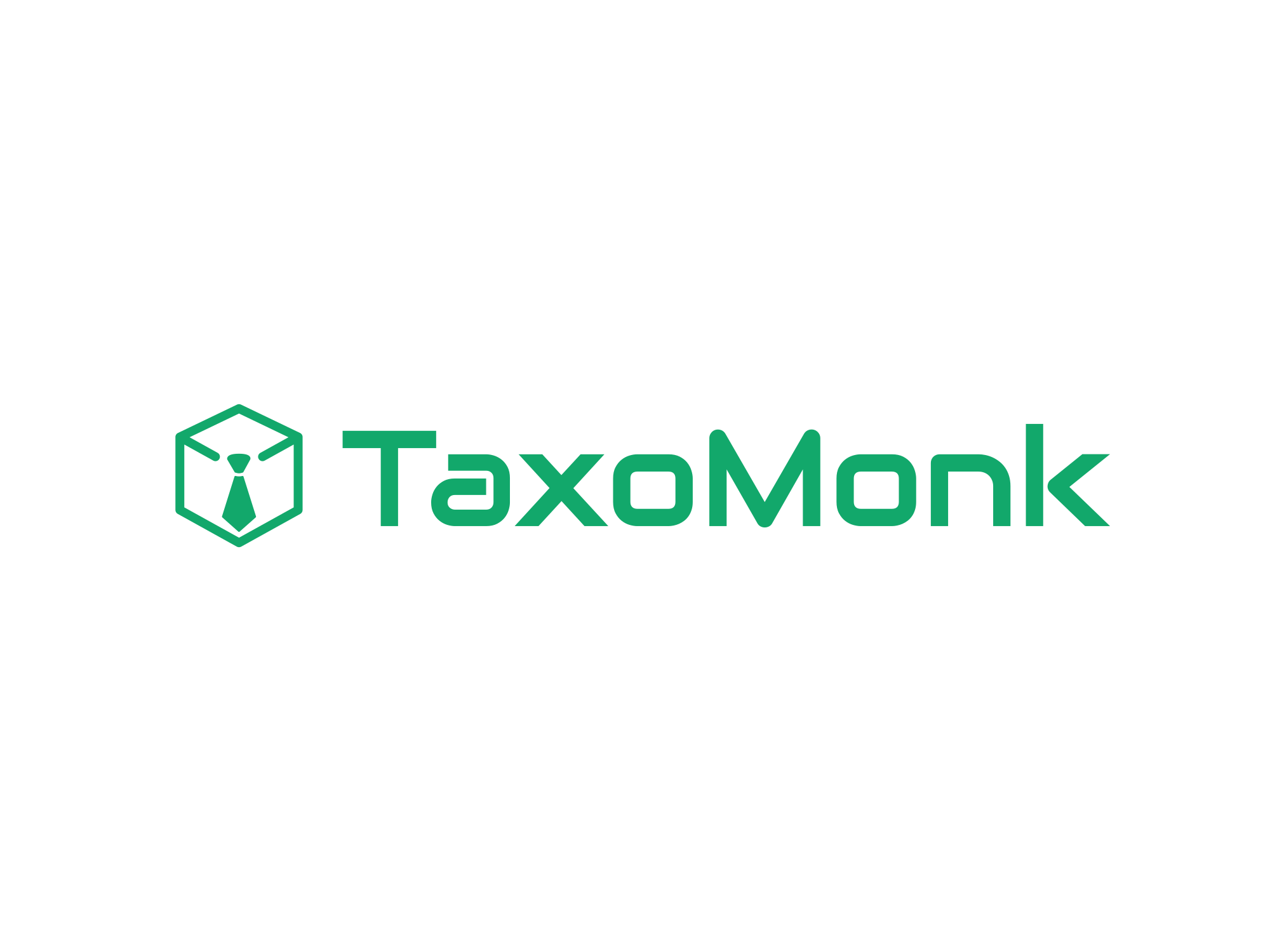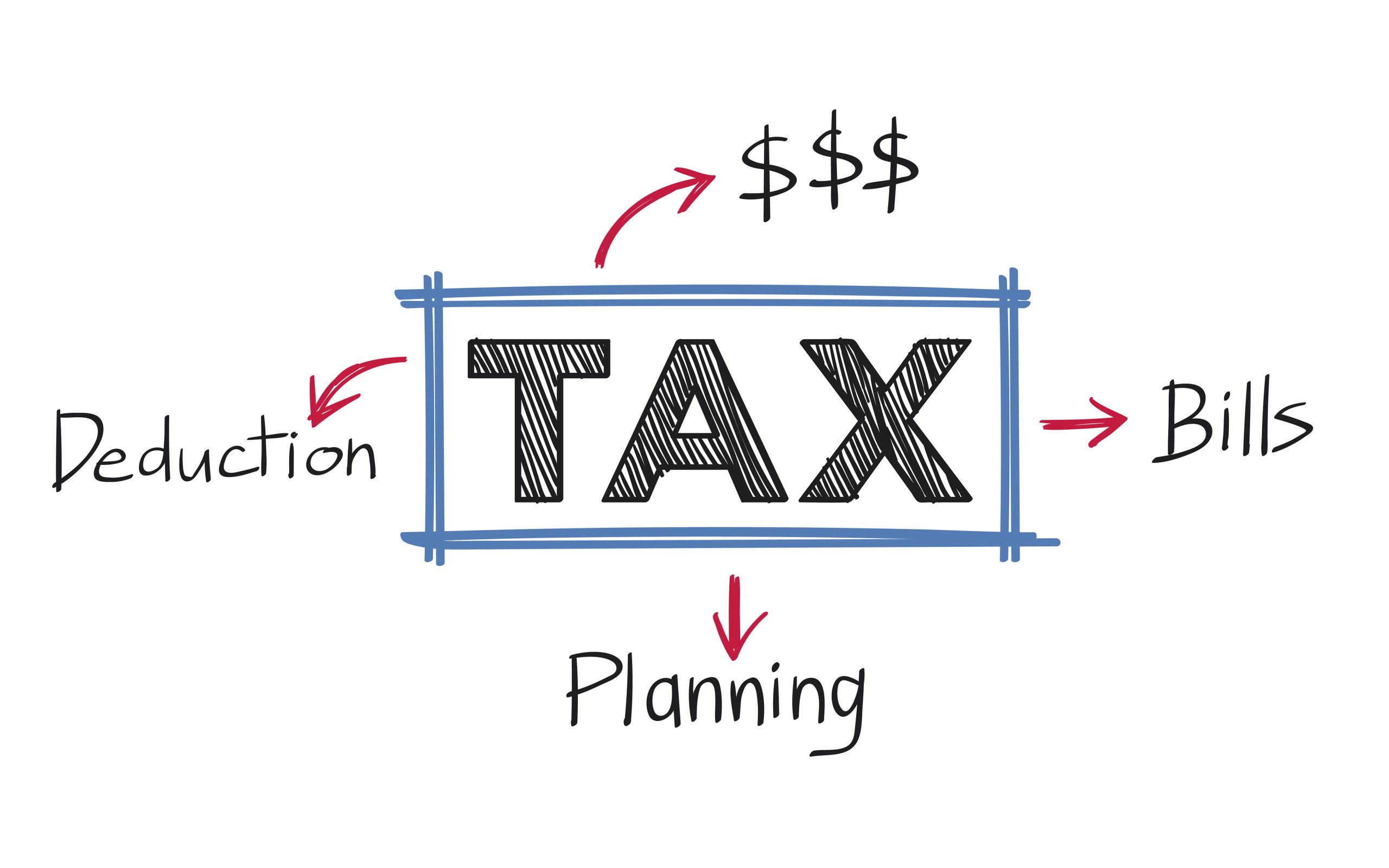
Tax advisory services can be categorized into two distinct approaches: proactive and reactive. A proactive approach involves continuous client engagement, strategic tax planning, and year-round financial monitoring, ensuring optimal tax savings and compliance. Conversely, a reactive approach primarily focuses on tax compliance during the filing season, often missing valuable opportunities for tax optimization.
Transitioning from a reactive to a proactive tax advisory model is essential for CPA firms aiming to deliver greater value to their clients. However, resource limitations, extensive compliance obligations, and workload fluctuations often hinder this shift. Offshoring provides a practical solution by enabling firms to delegate routine and time-intensive tasks to specialized offshore professionals. This allows in-house teams to focus on strategic advisory services, strengthening client relationships and enhancing overall service quality.
Understanding Proactive and Reactive Tax Advisory
Proactive Tax Advisory: A Strategic, Year-Round Approach
Proactive CPAs work closely with clients throughout the year, providing strategic financial guidance and ensuring compliance with tax regulations well in advance of deadlines.
Key Characteristics of a Proactive Tax Approach:
- Continuous Monitoring: Regular assessment of financial records to identify tax-saving opportunities.
- Customized Tax Planning: Tailored strategies aligned with individual client goals and financial circumstances.
- Early Implementation: Execution of tax strategies before year-end to maximize deductions and deferrals.
- Collaborative Financial Strategy: Integration with financial advisors to develop holistic financial plans.
Reactive Tax Advisory: A Seasonal and Compliance-Focused Approach
Reactive CPAs mainly focus on tax preparation and filing, engaging with clients only during the tax season. While this approach ensures compliance, it often leads to missed opportunities for tax optimization.
Challenges of Reactive Tax Advisory:
- Limited Client Interaction: Communication typically occurs only during tax season.
- Missed Tax-Saving Opportunities: Lack of ongoing monitoring leads to overlooked deductions and credits.
- Overloaded Staff: Compliance-driven tasks consume most of the firm’s resources, leaving little room for advisory services.
How Offshoring Supports a Proactive Tax Advisory Model
Offshoring presents an effective solution for CPA firms looking to enhance their tax advisory services by freeing up in-house professionals to focus on high-value activities.
- Increasing Onshore Staff Availability for Advisory Services
Delegating routine tax compliance tasks to offshore professionals allows CPA firms to optimize their workflow. This enables onshore teams to concentrate on:
- Conducting in-depth client consultations for tax optimization.
- Developing customized tax planning strategies.
- Managing complex tax issues and audits.
- Expanding Capacity Without Overextending Resources
Offshoring allows CPA firms to scale their operations efficiently by managing seasonal workload fluctuations without incurring excessive staffing costs.
Advantages of Scalability with Offshoring:
- Capacity to handle a larger client base.
- Cost-effective alternative to expanding in-house teams.
- Flexibility to adjust workforce size based on demand.
- Maintaining Year-Round Client Engagement
With offshore support handling compliance and administrative tasks, CPA firms can engage with clients proactively, ensuring continuous financial oversight and tax strategy execution.
Benefits of Sustained Client Engagement:
- Reduced last-minute tax-related stress.
- Timely execution of tax-saving initiatives.
- Assurance of compliance without last-minute rushes.
- Leveraging Specialized Offshore Expertise for Greater Efficiency
Offshore professionals bring extensive experience in tax preparation, compliance, and financial analysis, improving overall accuracy and efficiency.
Key Areas of Offshore Support:
- Preparation of tax filings for individuals and businesses.
- Initial tax analysis and financial forecasting.
- Streamlining document management and client onboarding processes.
Building an Effective Offshore Tax Team
For CPA firms looking to integrate offshore teams, following these steps can ensure a seamless transition:
- Identify Suitable Tasks for Offshoring:
- Start with routine tasks like tax return preparation and bookkeeping, gradually expanding to more complex functions.
- Select the Right Offshoring Partner:
- Choose a provider with experience in tax advisory services, a strong reputation for data security, and scalable solutions.
- Train Offshore Teams Effectively:
- Provide thorough training to align offshore staff with your firm’s procedures, standards, and software.
- Use Advanced Collaboration Tools:
- Implement tools like Microsoft Teams or Slack to streamline communication and workflow management.
- Gradually Expand Offshore Responsibilities:
- Start with essential tasks and gradually integrate offshore professionals into strategic planning roles.
Conclusion
Offshoring is a game-changing solution for CPA firms looking to transition from a reactive to a proactive tax advisory approach. By delegating time-consuming compliance tasks, firms can empower their onshore teams to focus on delivering strategic financial guidance, increasing client engagement, and scaling operations efficiently. In a competitive landscape, adopting offshore support enables CPA firms to provide enhanced value to clients while optimizing their internal resources.
At TaxoMonk, we specialize in providing seamless offshore accounting and tax solutions tailored to your firm’s needs. Contact us today to explore how we can help you streamline operations and drive growth.




Leave a Reply